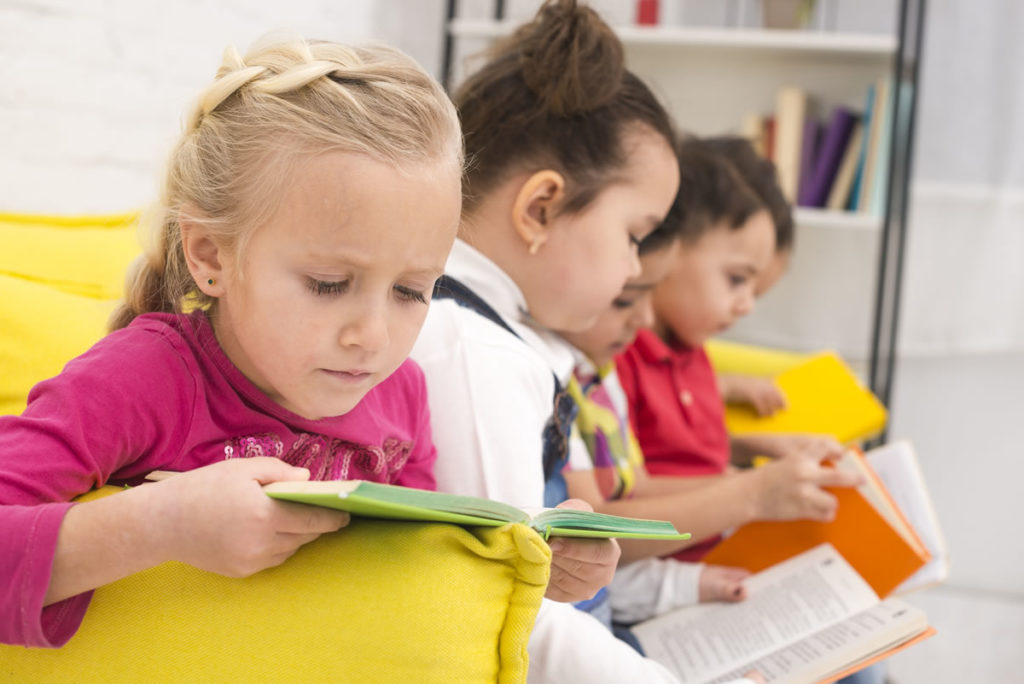The statement of the phrase ” if you don’t read you won’t know how to write … if you can’t write you won’t know how to think “, is based on the fact that thoughts can only be expressed with codes such as words, whether they are oral or written. Now, what is it that really enriches thought?
It could be said that experience may be an option or that reflection from observation is another possible answer, but the truth is that perhaps the most accurate option is to read and write, and especially when a good read concerned. After all, the traditional and lasting way of transmitting culture, history, knowledge or beliefs, has been through books that have had to be read and on which humanity was gradually built, which is why which books are a fundamental development tool .

And in line with all these ideas, precisely, we wanted to elaborate this article, developed with the intention of reflecting on the importance of reading for the development of critical thinking and for the general training of all people, especially children .
From reading to the development of critical thinking
To do a good reading you need an adequate space of concentration, because reading is not only about understanding the words that are read, but it is also about putting a little in the mind of the writer and in the situation that he poses us: the setting, the situation, the chronological time….
Reading also allows us to do incredible things such as freezing time, because we can even be reading books whose writers have been gone for hundreds of years and that the book continues to look current. Books make times immortal also when the reader manages to recreate the environment, space, time, culture, possible beliefs of the writer and / or the recognition of the discursive genre selected to convey his message.
As we approach reading, it is important and necessary to be critical of what is read, as that means trying to understand the information and take a position on what is read. Of course, this position will depend on the experience of the reader to build their own interpretation of what they are reading, that is why people with more hours of reading in their lives will be in a better position to have a good development of critical thinking.
The truth is that thinking this hurts: “if you can’t read or write, you can’t think” … but it is no less true that it can be changed by working and striving to improve every day. It is believed that this phrase could have been said by the Mexican writer Juan José Arreola , one of the leading figures in 20th century Mexican literature.
If you don’t read, you don’t know how to write … or reason
But although reading can be a pleasant and necessary act to enrich thought, it is not possible for an “action” to exist if it is not written later about the new knowledge generated from said reading. For example, in the scientific world science is only possible based on new knowledge created around the science already carried out, and such advances or new discoveries must be reflected and disseminated by the corresponding media. This, what he tells us, is that reading, interpreting, arguing and problematizing are necessary steps to express the maturity of critical thinking after the reading process.

That is why in the world of education, and as far as the training of students is concerned, regardless of the discipline or area to be dealt with, the importance of getting children to be good readers cannot be ignored, since This will depend on whether they also know how to write and who can analyze and put their ideas in order through reflection and criticism.
Of course, to the importance of knowing how to read and write properly, other challenges are added today, such as the one that confronts us with the reality of some students who nowadays no longer only read books, but are also exposed to other texts such as these on the internet and on social media. These new tools will undoubtedly be (and whether we like it or not) an important part of the development of the youngest. Will these new models also be capable of enriching thought? Time will tell…











































































































